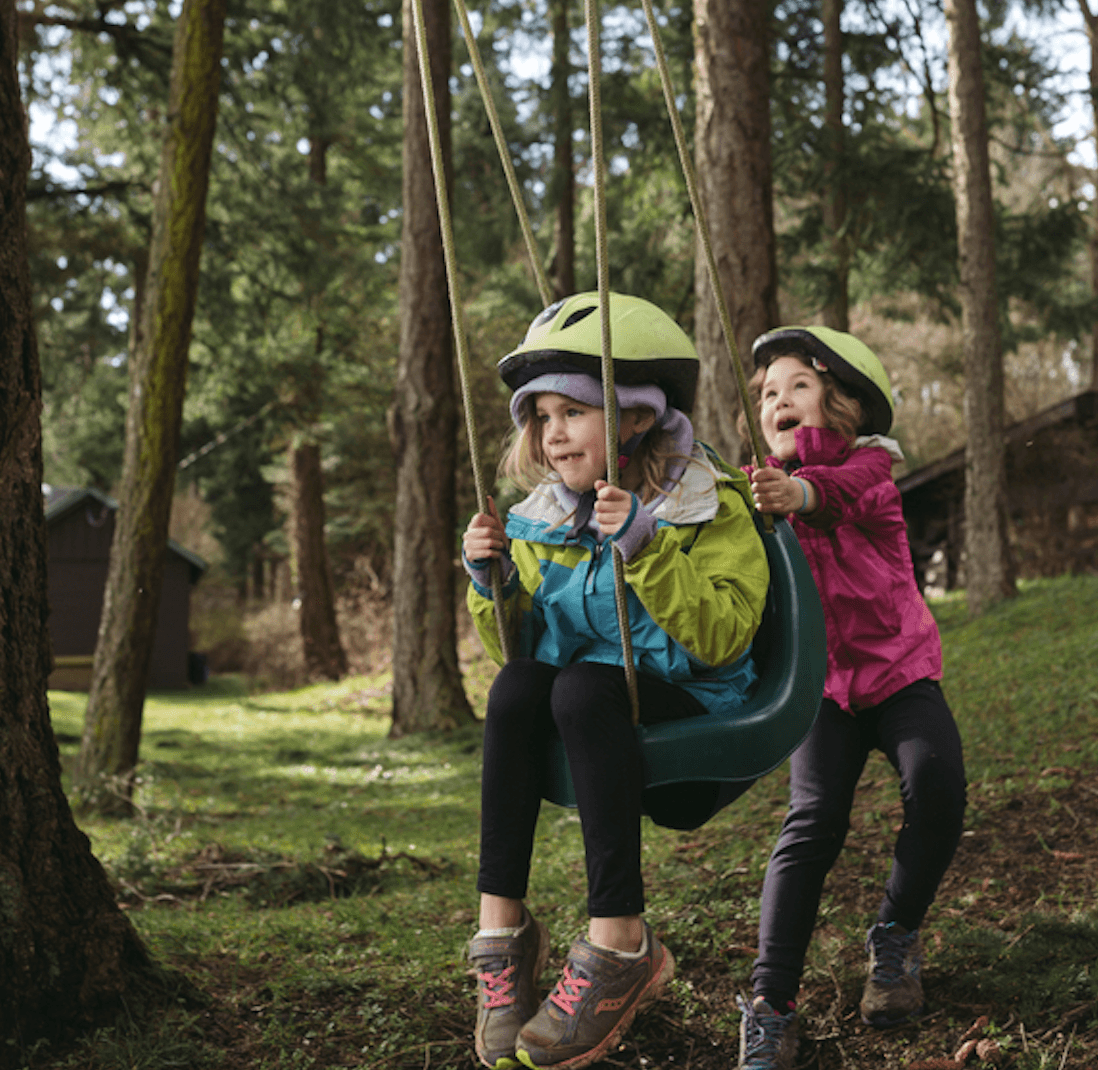A parent's guide to night terrors
A parent's guide to night terrors
Understanding night terrors, nightmares, and sleepwalking
Understanding night terrors, nightmares, and sleepwalking
Post Author
Post Author

Dahlia Rimmon, MS, RDN
Editorial Manager
Medically reviewed by
Medically reviewed by

Jess Ellsworth
Certified Sleep Consultant



What are night terrors?
Night terrors are sleep issues that cause kicking, screaming, panicking, or crying even though the child is still asleep. Children with night terrors may look awake and usually won’t respond or acknowledge those around them. Night terrors are common in toddlers and preschoolers.
Signs of night terrors
Uncontrolled crying
Breathing fast
Screaming
Thrashing and kicking
Will not respond when spoken to
Will not acknowledge people around them
No memory of the night terror in the morning
Causes of night terrors
Genetics
Poor sleep
Full bladder
How to manage a night terror
Remain calm and confident, even if the night terror is frightening.
Do not wake your child during a night terror, which can cause confusion, upset, and overtiredness.
Ensure your child is safe by removing anything around them that could cause harm.
Wait it out until the episode passes.
How to prevent night terrors
Establish a consistent sleep schedule and bedtime routine
Ensure your child is getting enough sleep
Avoid screen time before bed
If potty-trained, have them use the bathroom before bed to avoid discomfort from a full bladder
Are night terrors different from nightmares?
Yes, nightmares are scary dreams that occur during sleep. Unlike night terrors, nightmares don’t involve intense physical reactions like kicking or screaming, and your child may recall the nightmare or bad dream upon waking. When your child has a nightmare, you can comfort them to make them feel safe and secure. When your child is ready, put them back to bed.
Sleepwalking
Sleepwalking occurs when children are sleeping. A sleepwalking child may have a blank stare, not acknowledge or respond to others, and it may be difficult to wake them up. Most sleepwalkers do not recall getting out of bed and walking around when they wake up.
How to manage sleepwalking
Ensure your child is safe by removing anything around them that could cause harm, like tripping hazards or sharp objects.
Make sure your child cannot access unsafe areas like the stairwell, bathroom, or doors that lead outside.
Do not wake a sleepwalking child.
Gently guide your child back to bed.
When to see a sleep specialist
Consult your local or Summer Health sleep specialist for additional guidance if you notice a consistent pattern of nightmares or night terrors. They can help you adjust your bedtime routine, sleep schedule, and sleep environment to promote better sleep.
What are night terrors?
Night terrors are sleep issues that cause kicking, screaming, panicking, or crying even though the child is still asleep. Children with night terrors may look awake and usually won’t respond or acknowledge those around them. Night terrors are common in toddlers and preschoolers.
Signs of night terrors
Uncontrolled crying
Breathing fast
Screaming
Thrashing and kicking
Will not respond when spoken to
Will not acknowledge people around them
No memory of the night terror in the morning
Causes of night terrors
Genetics
Poor sleep
Full bladder
How to manage a night terror
Remain calm and confident, even if the night terror is frightening.
Do not wake your child during a night terror, which can cause confusion, upset, and overtiredness.
Ensure your child is safe by removing anything around them that could cause harm.
Wait it out until the episode passes.
How to prevent night terrors
Establish a consistent sleep schedule and bedtime routine
Ensure your child is getting enough sleep
Avoid screen time before bed
If potty-trained, have them use the bathroom before bed to avoid discomfort from a full bladder
Are night terrors different from nightmares?
Yes, nightmares are scary dreams that occur during sleep. Unlike night terrors, nightmares don’t involve intense physical reactions like kicking or screaming, and your child may recall the nightmare or bad dream upon waking. When your child has a nightmare, you can comfort them to make them feel safe and secure. When your child is ready, put them back to bed.
Sleepwalking
Sleepwalking occurs when children are sleeping. A sleepwalking child may have a blank stare, not acknowledge or respond to others, and it may be difficult to wake them up. Most sleepwalkers do not recall getting out of bed and walking around when they wake up.
How to manage sleepwalking
Ensure your child is safe by removing anything around them that could cause harm, like tripping hazards or sharp objects.
Make sure your child cannot access unsafe areas like the stairwell, bathroom, or doors that lead outside.
Do not wake a sleepwalking child.
Gently guide your child back to bed.
When to see a sleep specialist
Consult your local or Summer Health sleep specialist for additional guidance if you notice a consistent pattern of nightmares or night terrors. They can help you adjust your bedtime routine, sleep schedule, and sleep environment to promote better sleep.
Summer Health offers fast and reliable pediatric urgent care through online doctors, all via text. Whether you’re worried about your baby's fever, rashes, or other children's health concerns, we provide expert advice and support anytime, right from your phone.

Never miss a post!
Sign up for our newsletter to receive articles and guides directly to your inbox!
















